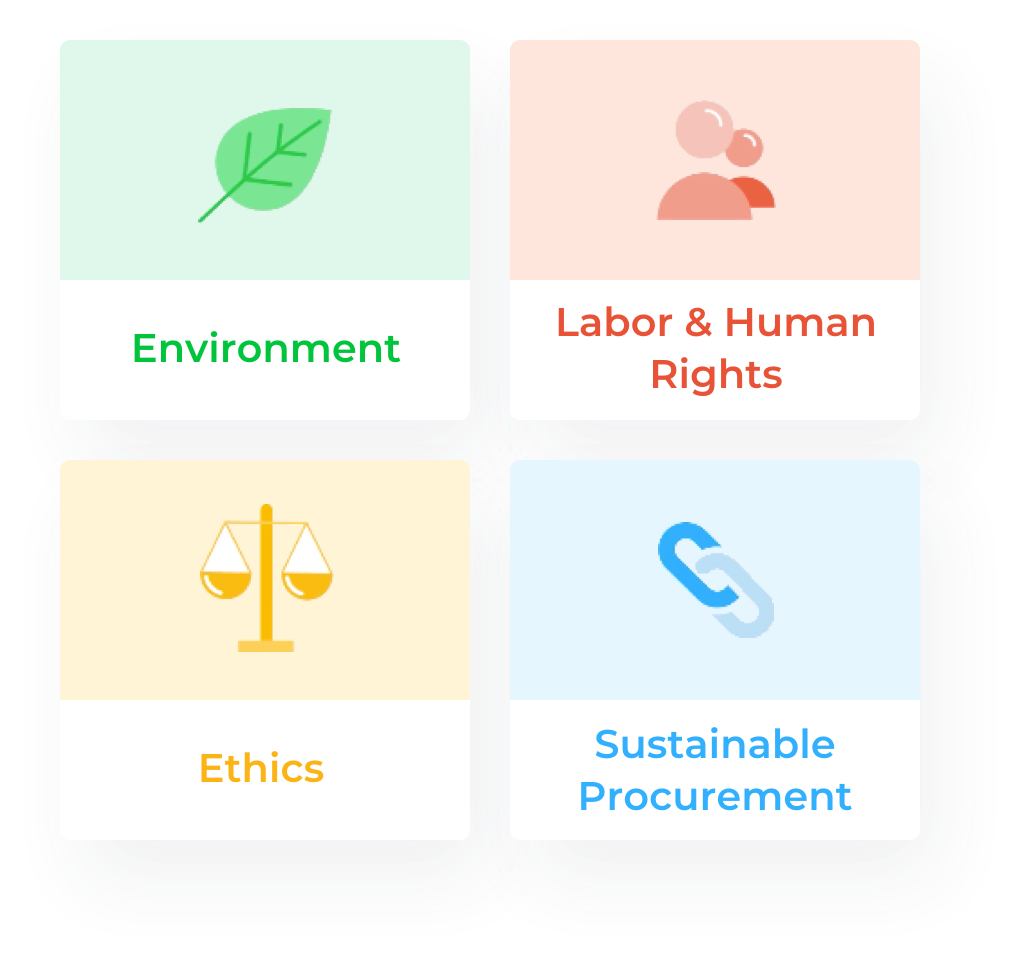
Learn More About the Criteria in our Comprehensive Methodology Guide
Why Conduct a CSR Assessment?
Most companies have these assessments conducted at the request of their clients and stakeholders. The lack of information regarding corporate social responsibility makes it difficult for upper management to make beneficial and informed decisions. Intelligence gathered from the assessment can protect a firm from heading in an unsustainable direction
Many large corporations now incorporate CSR into their brand image, making Supply Chain Sustainability, and social ethics just as important as the products they sell.
How is the Assessment Carried Out?
A CSR assessment generally involves the following steps:
- Assemble a CSR leadership team;
- Develop a working definition of CSR;
- Identify legal requirements;
- Review corporate documents, processes and activities;
- Identify and engage key stakeholders.
There are many ways to conduct an assessment, but this is one way for a firm to evaluate the full range of its operations through a CSR lens. The EcoVadis Assessment and Rating Methodology captures and analyzes information and distills it into a scorecard with a rating on a 0 to 100 scale. The methodology is based on the following principles:
- Relies on evidence;
- Considers industry sector, country and size;
- Uses diversified sources;
- Emphasizes technology;
- Employs international CSR experts for assessments;
- Ensures traceability and transparency;
- Strives for continuous improvement.
